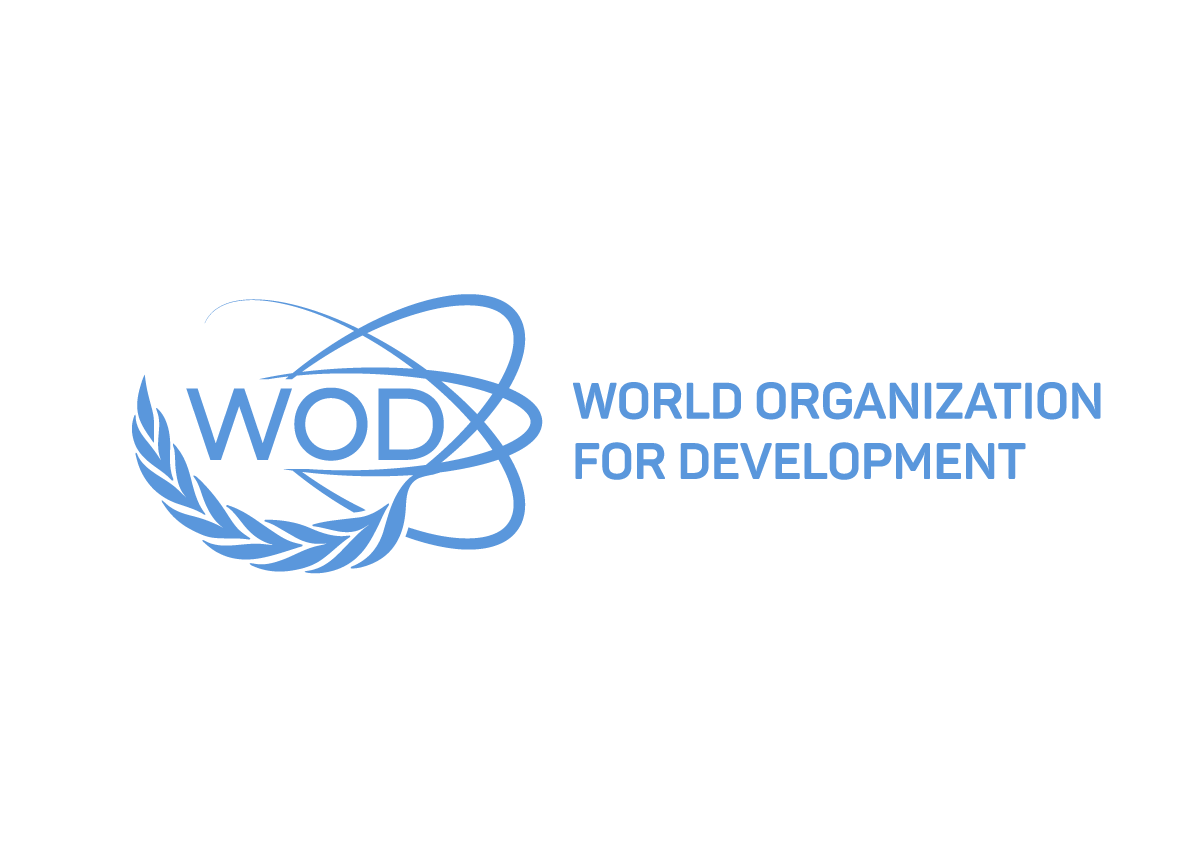Carlos Ruiz Massieu, Special Representative of the Secretary-General and Head of the UN Verification Mission in Colombia, briefs members of the Security Council. The international community should lend full support to the incoming administration in Colombia, which has a tremendous opportunity to speed up implementation of the landmark 2016 Peace Agreement that ended more than 50 years of civil war, the top UN official in the country told the Security Council on Thursday. Carlos Ruiz Massieu, the Secretary-General’s Special Representative and Head of the UN Verification Mission in Colombia, reported on recent political developments, including the election last month of President Gustavo Petro and Vice-President Francia Márquez, the first Afro-Colombian woman to hold the position.
The election of President @petrogustavo and Vice-President @FranciaMarquezM through mostly peaceful and participatory elections is a testimony of the significant contribution of the Final Peace Agreement to widening and deepening Colombian democracy. @CGRuizMassieu @MisionONUCol pic.twitter.com/55VqpPoWdI
— Misión de la ONU en Colombia (@MisionONUCol) July 14, 2022
Mr. Massieu has met with both officials, who will be sworn in on 7 August.
Reasons for optimism
The President-elect has strongly reaffirmed that peace will be a cornerstone of his government, he said, while Ms. Márquez has reiterated that peace, with a territorial and ethnic approach, will feature prominently in its agenda.
“Indeed, the incoming administration has a tremendous opportunity and responsibility to accelerate the implementation of the Peace Agreement,” Mr. Massieu told ambassadors.
“There are good, very good, reasons for optimism, and I believe the United Nations and the international community at large should do all they can to lend their support.”
Reflecting Colombia’s diversity
Mr. Massieu said electoral outcomes are increasingly reflecting the diversity of Colombian society.
Women will comprise nearly 30 per cent of the new “unprecedented” Congress, which will be installed next week. It will also include 16 representatives of victims from conflict-affected regions.
The UN Mission chief expressed hope that the new Congress will make “considerable progress” towards the passage of more than 30 peace-related laws, including comprehensive rural reform and guarantees for political participation.
Obstacles to peace
Though encouraged by these developments, he also highlighted serious obstacles to the consolidation of peace, namely persistent violence against communities, leaders and former combatants with the FARC-EP militia group.
The UN Mission has registered the killing of 331 former combatants since the signing of the peace deal. Four were killed in the past two weeks alone, including Ronald Rojas, also known as Ramiro Durán, a prominent leader of ex-combatants who had advocated for reintegration and broader implementation of the agreement.
“Their security must be guaranteed,” said Mr. Massieu. “A priority for any Peace Agreement must be to safeguard the lives of those who laid down their arms in good faith with the assurance that they would be protected.”
Additionally, “illegal armed actors” continue to target local leaders in conflict-affected areas marked by poverty, illicit economies and limited State presence. Indigenous and Afro-Colombian communities are among those most affected by the violence and insecurity.

Francisco José de Roux Rengifo, President of the Truth Commission, briefs the Security Council meeting on the United Nations Verification Mission in Colombia.
Truth Commission’s ‘milestone’ report
Mr. Massieu also provided an update on the activities of Colombia’s Truth Commission, which has published its final report after three years of work, describing it as “a milestone of the utmost importance for peace in Colombia and for the world.”
Among the recommendations is an appeal for State bodies to guarantee full implementation of the Final Agreement.
The Commission’s President, Father Francisco José de Roux Rengifo, also addressed the Council, laying out the magnitude of a war that killed more than 450,000 people and affected over 10 million more.
Commissioners heard testimony from more than 30,000 individuals and bodies “from across a divided country” and in 24 nations where Colombians have been exiled.
They also read more than 1,000 reports from communities, travelled to places where massacres occurred, and heard from more than 50,000 people who were abducted, in addition to thousands of boys and girls forced into fighting.
“We’ve walked alongside many of the more than eight million displaced persons, and we’ve walked alongside the thousands of women whose bodies were used as battlegrounds,” he said, speaking in Spanish.
Optimism for the future
The Commission President is optimistic about Colombia’s future because many citizens have joined “this fight for peace and the protection of life”, including youth, women, indigenous people, Afro-Colombians, religious leaders, and members of the LGBTI+ community (lesbian, gay, bisexual, trans and intersex).
“Colombia has a long way to go but it has begun its journey,” he said. “Colombia is determined to look forwards, and we’re going to accept our wounds to ultimately enrich ourselves as a culture, as a people, driven by creativity, art and freedom, and the very creation of life.”
‘A future of peace and reconciliation’
Father de Roux and his fellow Commissioners met with UN Secretary-General António Guterres on Wednesday and presented him with a copy of their report, which he described as “a major milestone and achievement of the peace process”.
Mr. Guterres congratulated the Commission for its painstaking work to examine the complex causes and the painful consequences of Colombia’s armed conflict, his Spokesperson said in a statement issued on Thursday.
“The Secretary-General expressed the hope that that the Colombian people and their leaders will take full advantage of the report as an instrument to better understand the past in order to secure a future of peace and reconciliation,” the statement said.
Mr. Guterres also affirmed the UN’s full support to the efforts that will be undertaken by the follow-up committee established to disseminate the Commission’s findings and to advocate for the implementation of its recommendations.




Comments are closed.